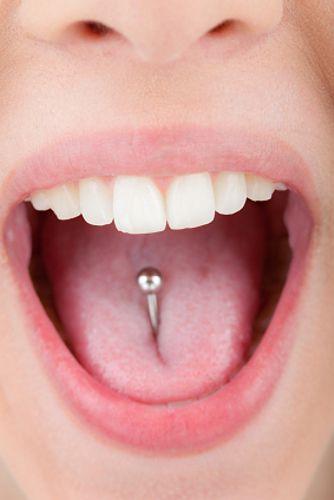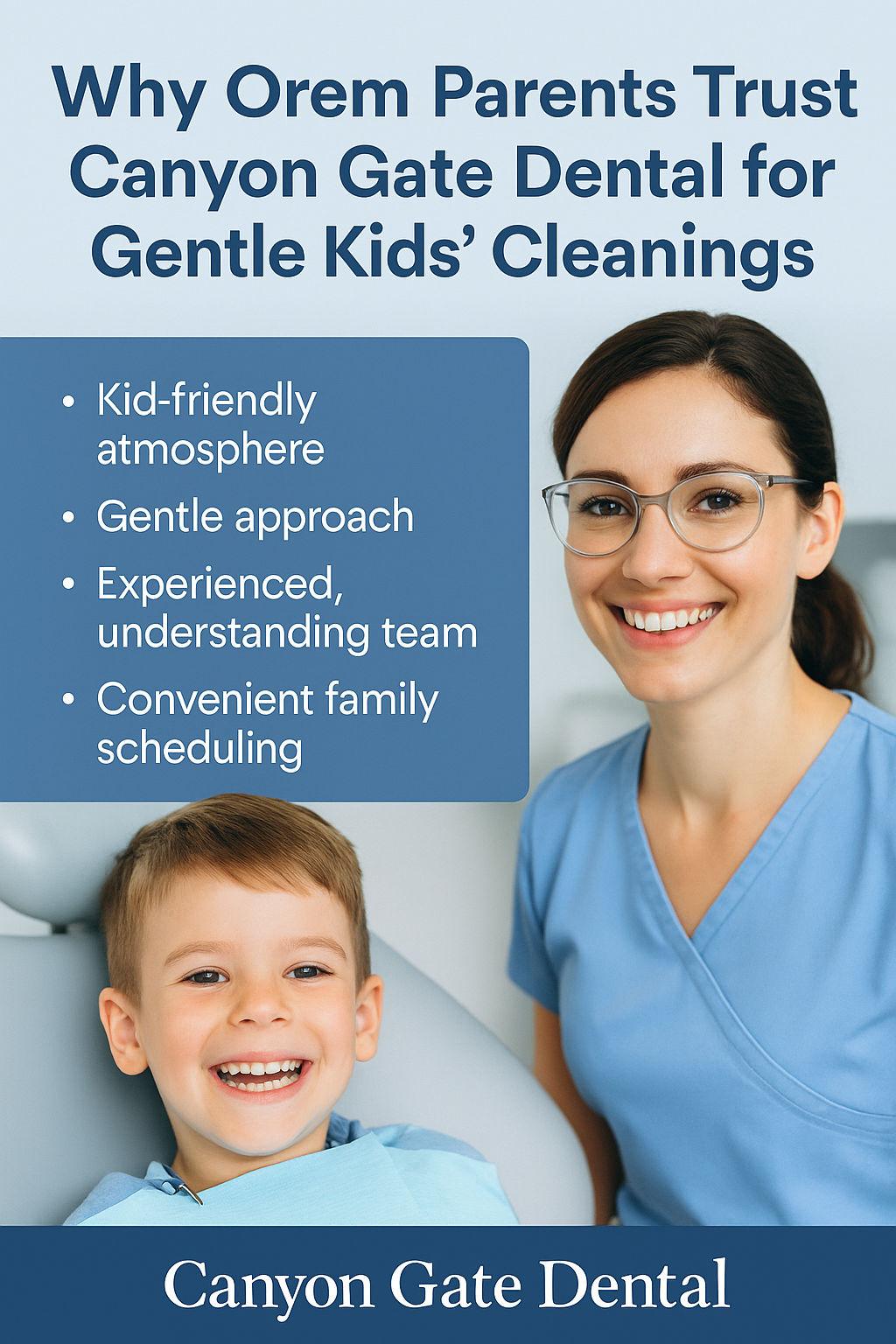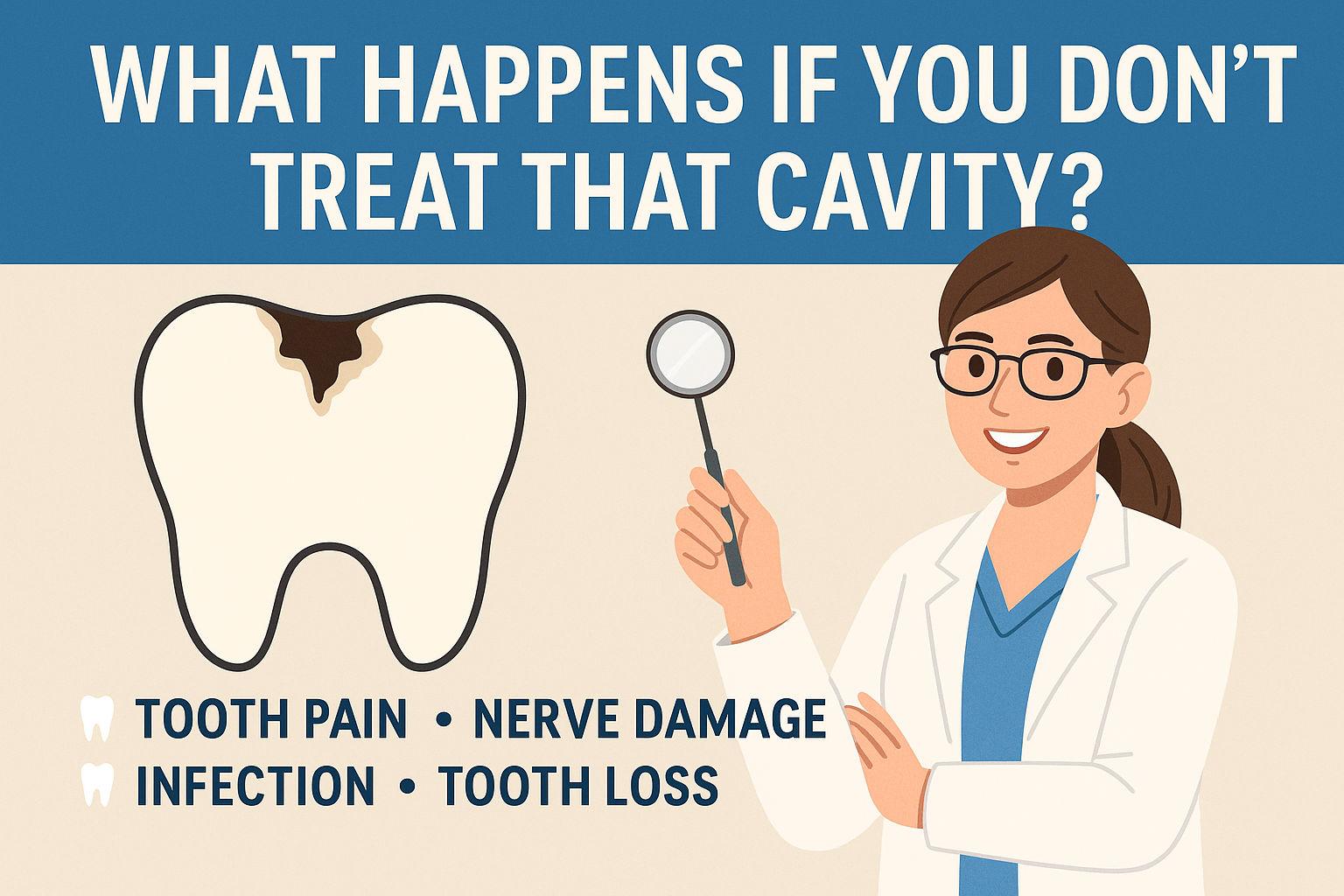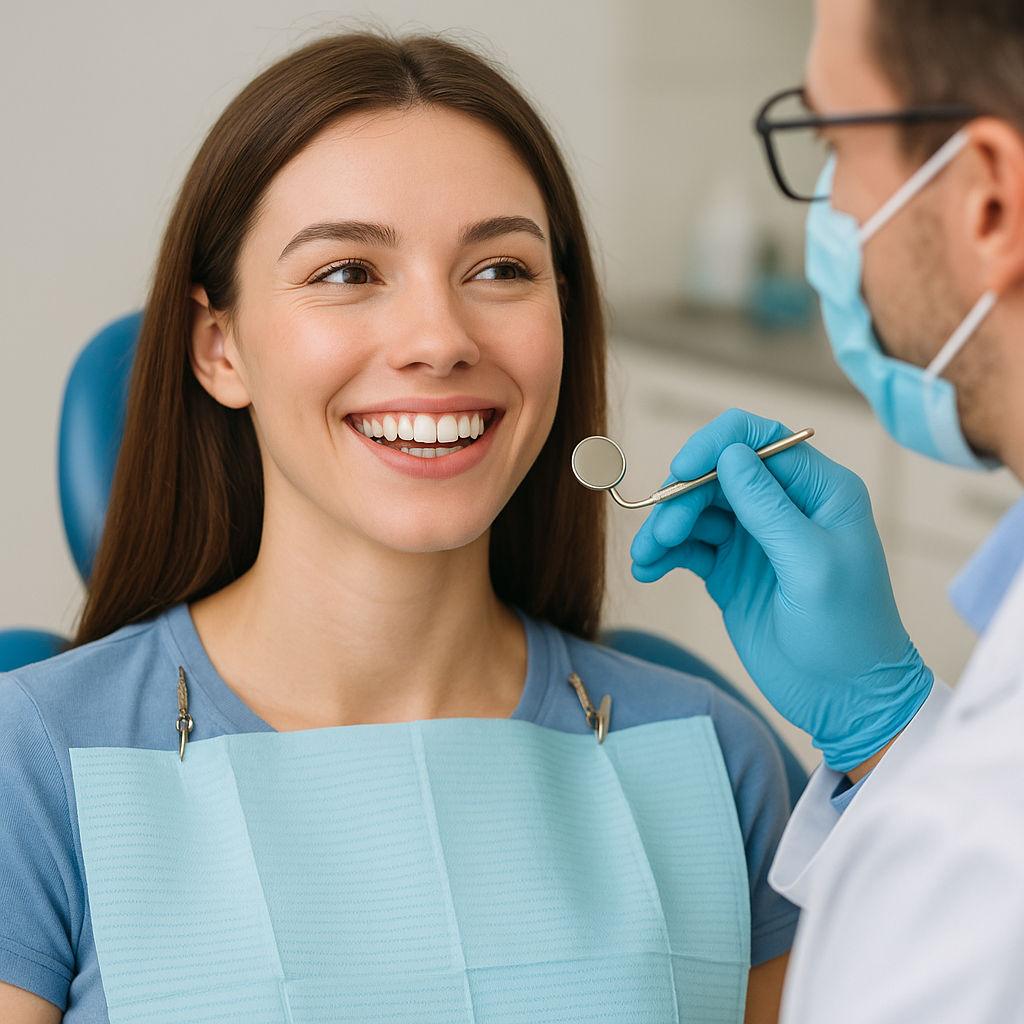For centuries, men and women have used body piercing as a way to express a sense of self and while body modification may be a unique interpretation of style for some, the medical consequences for oral piercings are often overlooked. From tongue studs to splitting, the positioning of the handiwork and outside contaminations like hepatitis are not the only factor that can cause serious harm. It’s no secret that the mouth contains a whole host of bacteria and as a result, oral piercings can suffer from swelling and infection during the healing process and beyond. Now, these events may not seem too extreme in terms of your health, but in some cases swelling can obstruct airways and cause choking, damage to the blood vessels within your tongue can cause severe blood loss, and untreated infections could eventually lead to septicemia (blood poisoning).
Oral Piercings
Oral piercings are usually accompanied by bars, studs, or rings that are found within cheeks, lips, tongues, or even in the tonsils and uvula area at the back of the mouth. In general, these piercings can alter speech and the processes of swallowing, but in terms of your oral health they can cause more everyday problems such as chipped and cracked teeth, and they can even contribute to plaque build-up and bleeding gums. Many people considering oral piercings (or even those who already have them) may be aware of these consequences, but there are a few others that should be addressed too, such as:
- Hypersensitivity to metals
- Nerve damage
- Excessive drooling
- Dental appointment difficulties
It is entirely possible for a hypersensitivity to metals to cause an allergic reaction at the site of the piercing and while many experience a short period of numbness after the initial piercing has been done, there are cases where nerve damage can cause permanent paralysis. Injured nerves can cause a number of problems besides insensitivity, and may affect not only the way that you talk, but the way in which your mouth moves, as well as the functionality of your taste buds. Oral piercings can cause a wearer to see an increase the production of saliva too, and piercing jewelry can even obstruct the processes of your overall dental care routines by blocking certain areas of your mouth and leaving them open to the effects of bacteria, as well as obstructing medical examinations such as X-rays.
Caring for Oral Piercings
To ensure that you care for your oral piercings in the best possible way, make sure to contact your oral health physician if you begin to experience any signs of infection (i.e. swelling, general pain or even an unwarranted fever). Keep the site of the piercing clean throughout the entire healing process and practice good oral hygiene by brushing and flossing twice a day – and by visiting your dentist regularly. Avoid clicking your jewelry’s against your teeth and always remove or wear a mouth geared during sports activities, to prevent unnecessary breakages. The last thing to do to care for your oral piercing is to check the tightness of your jewelry on a regular basis, to ensure that it remains securely in place – without restricting blood flow.









